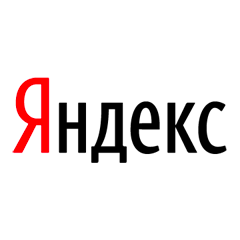Since April this year, Google now shows app install buttons and app deeplinks in the search engine result pages for Android users. They already showed it to users of specific apps but will now add apps if users haven’t installed it yet or are not logged in. Google has already indexed over 30 billion links directly pointing to content within apps and now uses App Indexing as a ranking signal for all Android users. A very logical step, since Google is now officially getting more searches from mobile compared to desktop users (source). Adding direct links to apps will contribute to a more positive user experience for their users.
Read more at State of Digital: Google and App indexing: how can you benefit from it?

